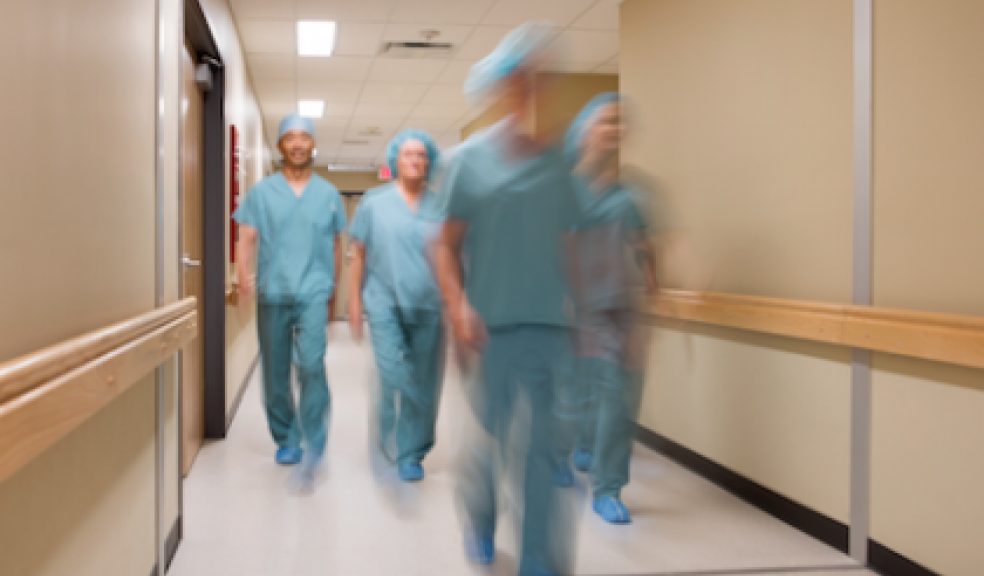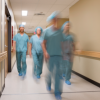
NHS radiographers to strike again
Diagnostic imaging and radiotherapy professionals who are members of the Society of Radiographers in England and Northern Ireland will be taking industrial action on Monday, 24 November.
The radiographers, who work in radiology departments and cancer treatment centres, will be joining with 10 other unions who have members who work in the National Health Service. All will stop work on Monday morning from 8am to noon and the strike action will be followed by a week of working-to-rule.
Emergency and urgent care will continue to be provided on Monday morning but pre-booked appointments and procedures may be affected. For the rest of the week radiographers will take scheduled breaks and will not work unpaid overtime.
The continuing pay dispute with the governments of England and Northern Ireland follow settlements made in Scotland and Wales, where radiographers have voted to halt industrial action. Monday’s strike is being taken by the members of the Society and the other trade unions because of an ongoing pay freeze. The government rejected a recommended 1% pay rise for the current year and has said that there will be no increase in 2015. The pay freeze will have been imposed for four out of five years.
“The four hour stoppage in October and this Monday’s action are the first time since 1982 that radiographers have gone on strike over pay,” said Richard Evans, the Society of Radiographer’s chief executive officer.
“The anger that they and other NHS workers feel is very strong,” he continued. “The devolved governments in Scotland and Wales have come to an agreement with their health workers. Why are the administrations in England and Northern Ireland not even capable of meeting with the unions to discuss a creative way forward?
“Radiographers do not want to hurt the people that they serve. Steps have been taken to minimise the impact on patients and their families.”
If there is no improvement in pay and the dispute drags on, the Society is concerned that more radiographers will leave the profession for another career, making current shortages of trained staff even worse. Patients will have to wait longer to be seen than they do now. A study published last week estimated that 300,000 patients in England are waiting more than a month to receive the results of diagnostic procedures.
Radiography also needs to attract students to replace the people who retire or leave the profession every year. There are fears that if pay continues to fall in value, young people will not consider a career that requires three to four years of intensive training.



















